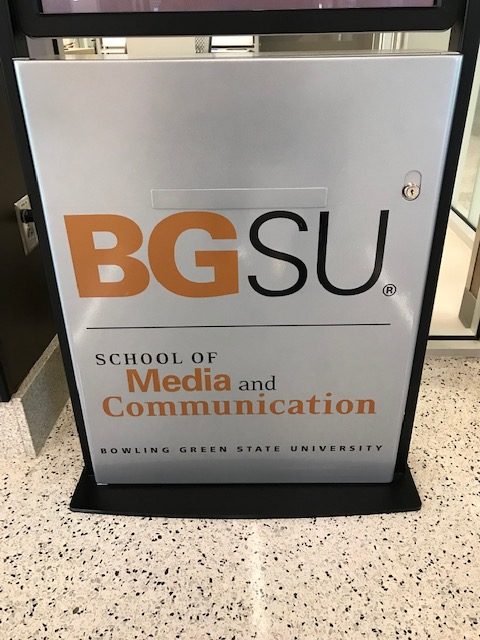
I have spent most of my professional life in matters of internal/employee communication. One of the academic angles for that is organizational comm — the different ways we can explore, interpret and conduct communication activities that are intrinsic to building, maintaining and enhancing organizations.
In the BGSU StratComm online MA program, it’s one of the deeper courses, very strategic and challenging. There’s a strong emphasis on how management and non-managers interact, the reasons underpinning those interactions, and practical and theoretical implications of those impacts.
For example, early on in the 19th and 20th centuries, people researching the organizational world tended to see a rather scientific view – organization as a machine with interconnecting parts, each of which could be made to function more efficiently. Communication was mainly viewed as a one-way thing, with the manager telling the workers what to do and how to do it. There would be “one best way” to do the work, documented and enforced.
They wanted workers to have specializations, and communication within those disciplines was seen as important. But across functions? Bottom up? Not so much.
In the second third of the century, we start to see criticism of that approach, and an impulse to let employees have more input into HOW the work gets done. That leads to some pretty radical concepts – that employees could participate more equally in the work, that power could be shared across hierarchies, and by the last third of the century, that treating employees like children was a bad way to make them loyal, hardworking and otherwise valuable.
Organizations are still fighting these fights, and knowing the history of these communication approaches, makes for a better communicator, a better PR person, and a better marketer. I like to say that communicators are business people whose superpower is communication.
In this class, we expand your foundation of knowledge about business, management, leadership and organizational life. All you need after this is your cape!
Ready to make communication YOUR business superpower? Investigate the BGSU MA in Strategic Communication, Sean Williams, Coordinator, and associate teaching professor.

